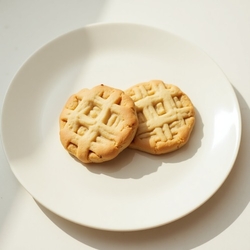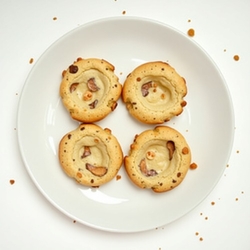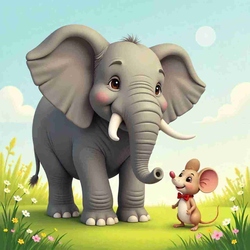🧮 Comparing Quantities
By comparing things, young students get a better grasp of various amounts, sizes, and values.
🔼🔽More / Less
Kids are able to sort groups of things according to which group has a greater or lesser number. Number sense gets strengthened, and thinking in a logical way is encouraged as children play and compare everyday objects and food with toys. Children also find it easier to compare quantities, such as counting how many crayons someone has and deciding if there are more or fewer apples in one bowl than in another. Having access to tools like ten frames or counters helps children better remember the concept of place value.

Less Cookies

More Cookies
⚖️ Equal
Preschoolers get a sense of equality by lining up groups with the same amount of objects. As a result, they develop fairness and math balance, so they are more likely to handle sameness and equality in numbers comfortably. Pairing matching socks and giving all your stuffed toys various cookies are great ways to teach these skills. By learning about equality, kids are prepared for doing addition and subtraction in their next classes.

5 Apples

5 Orenges
📏 Big / Small
They note if objects are bigger or smaller than others and learn how to group them. Activities such as organizing toys or working with Lego help children improve their understanding of space and measurement. They find out that the word size means height, length, or width, based on the object being described. This allows students to grow in mathematical skills and spoken or written expression.

A Big Elephant and a Small mouse
🎥 Watch & Learn!
A fun comparision song to sing along with:
Was this article useful?
We’d love to hear from you! Share your valuable feedback and suggestions to help us improve your experience and serve you better.
❤️ If you’re happy with our website, please consider supporting us — Donate Now!
🌟 Or leave a positive review here to encourage our team!